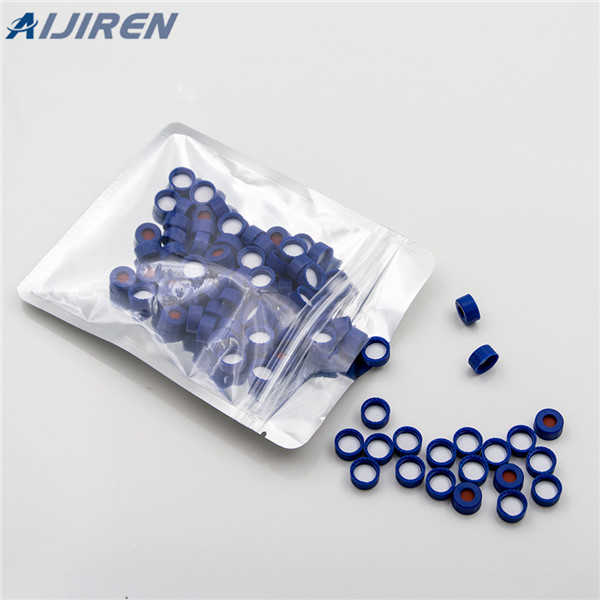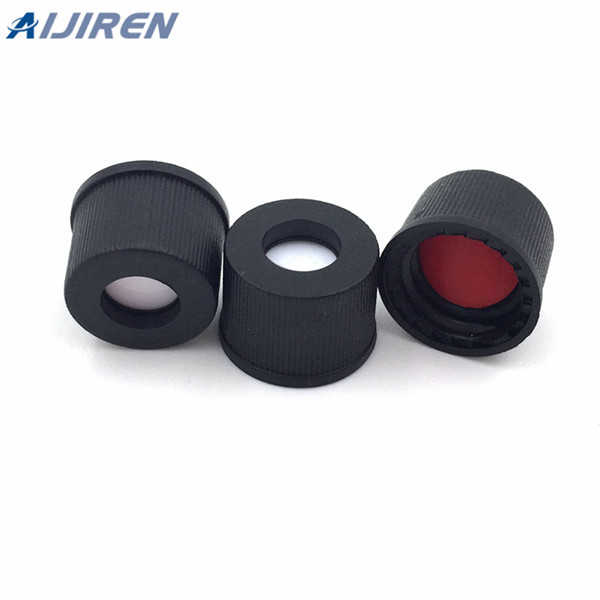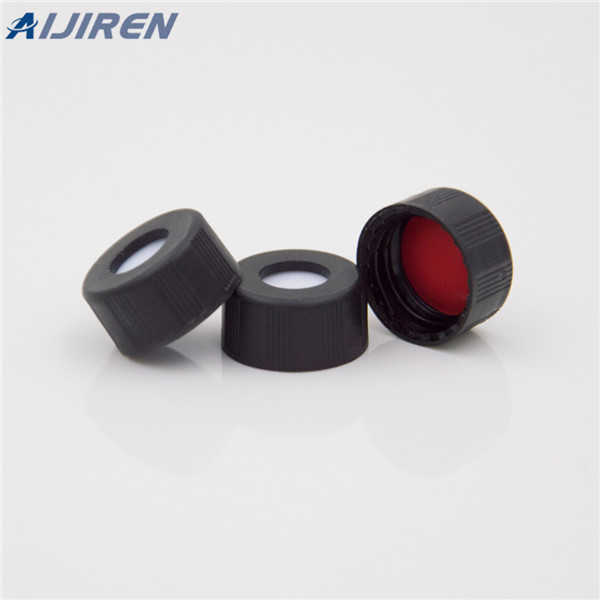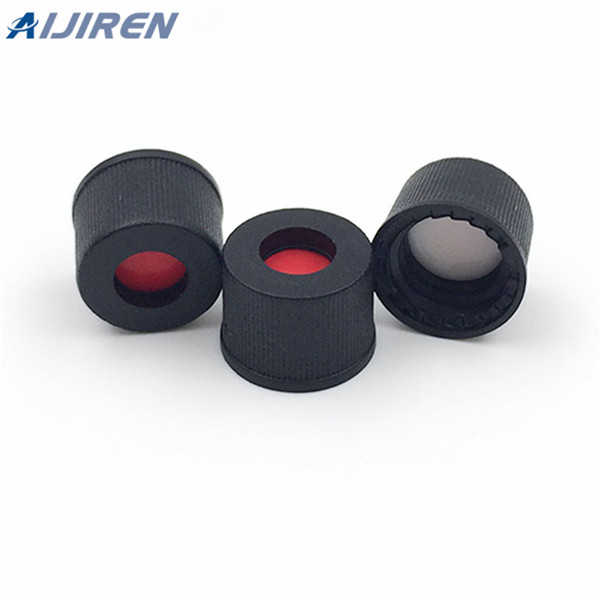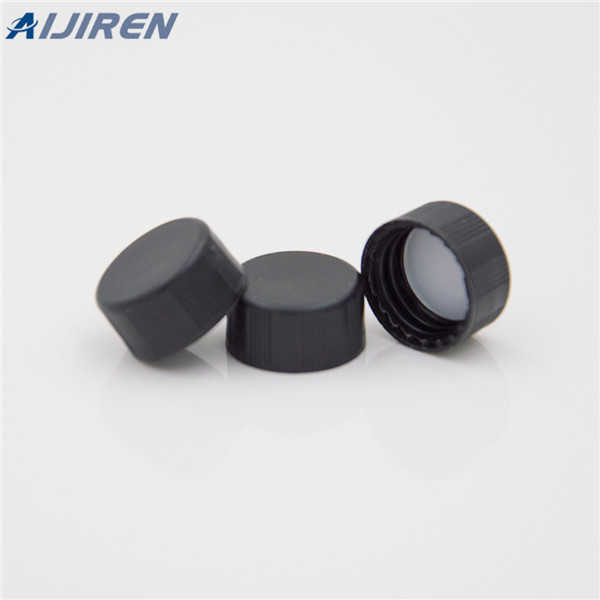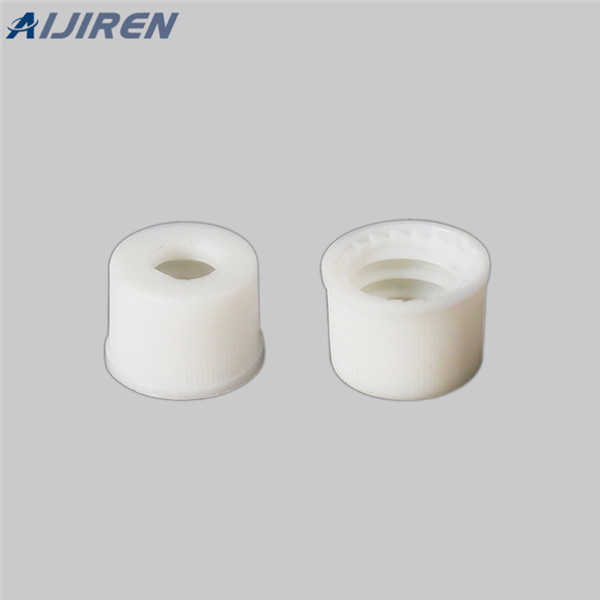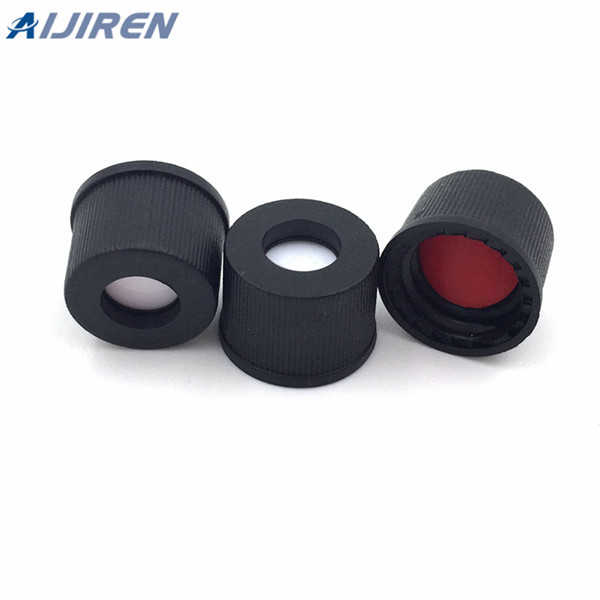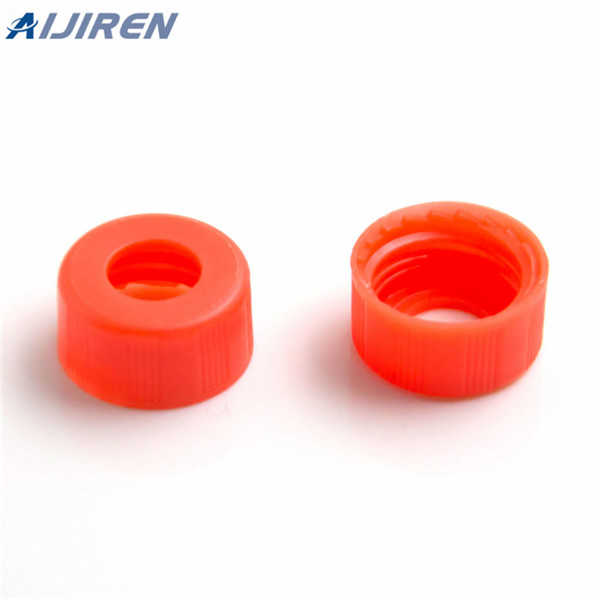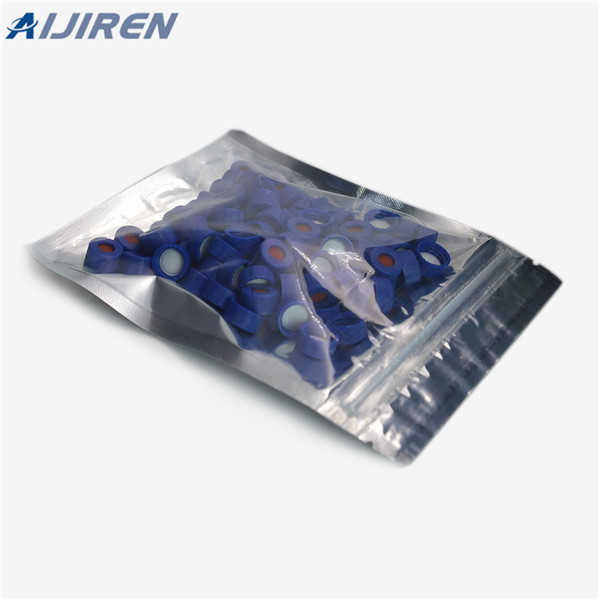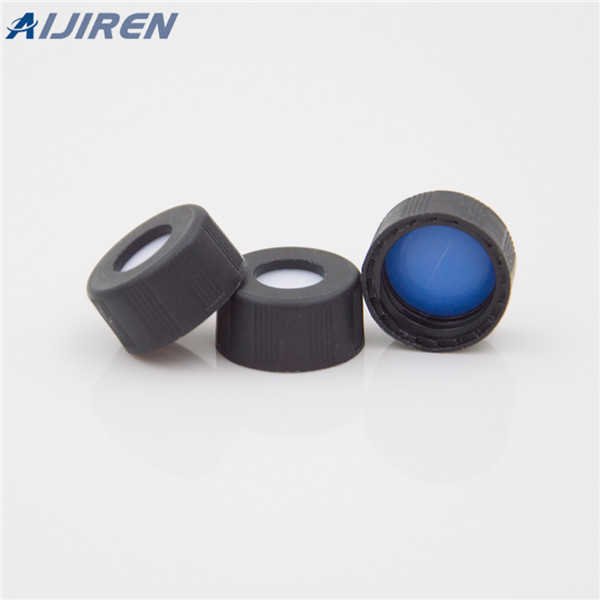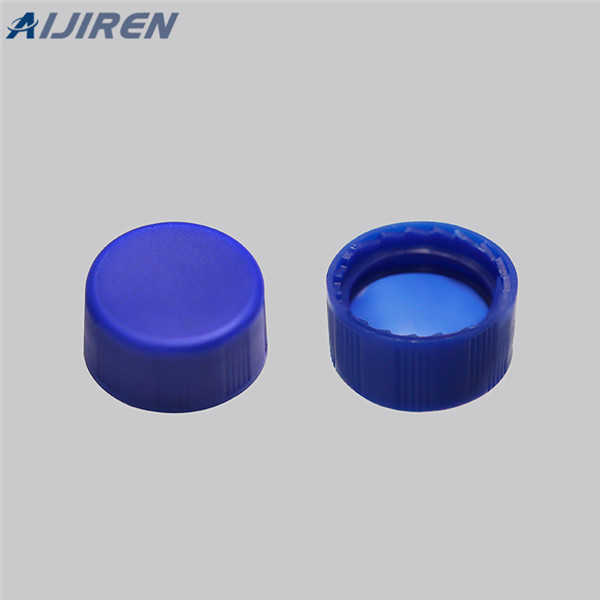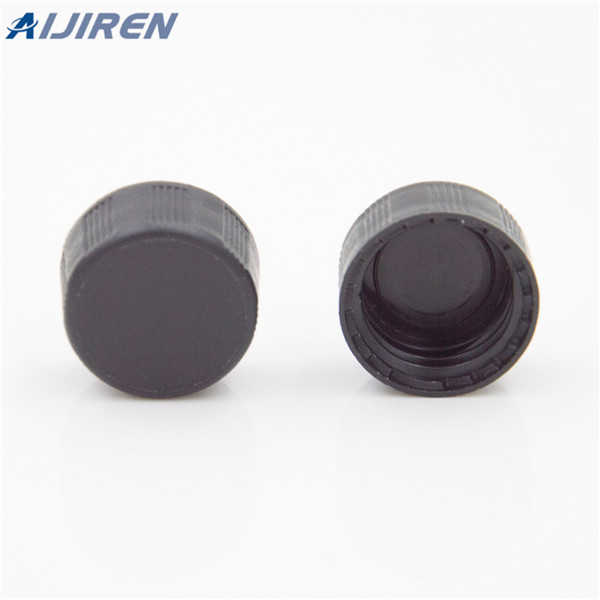Silicone septa for lab chemical analysis
-
Specialty Silicone Products (SSP) makes standard and custom septa, septum cap assemblies and cap mats for liquid and gas chromatography, EPA/VOA testing, laboratory diagnostics, and chemical packaging. Customers value the cleanliness and purity of our silicone septa, especially during low-level analysis using liquid chromatography (LC) or gas
-
Expand. Z124591. Suba-Seal® septa, red rubber, Suba-Seal® 25, fits neck I.D., 14 mm, for use with 14/20 joints. Expand. Z553999. Precision Seal® rubber septa, white, 29/42 joints. Expand. Z167282. Suba-Seal® septa, white rubber, Suba-Seal® 25, fits neck I.D., 14 mm, for use with 14/20 joints.
-
Both types of silicone and butyl rubber septa have a PTFE barrier layer which faces the sample, which reduces the contact between the sample and the silicone and butyl rubber. Before the PTFE layer is punctured, the chemical compatibility properties of the PTFE will
-
the solvent. PTFE/Silicone septa are ideal for use in most HPLC and GC applications where resealability and purity are critical. Pre-slit PTFE/silicone septa Pre-slit septa are offered in many of the same formulations as for non-slit PTFE/silicone septa and shares most of the physical and chemical characteristics. The septum is provided with a
-
Ensure optimal performance of your GC instrument with bleed and temperature optimized Thermo Scientific™ BTO and TR-Green Septa. Made of low-bleed silicone, these septa have excellent mechanical properties, are ideal for demanding GC-MS applications, and may be used reliably up to 400 °C.
-
Septa are made from different materials. See below for definitions and uses of different types of septa materials. Rubber septa. Used primarily for routine analysis in gas chromatography. Offers moderate ability to reseal and good chemical inertness. Not recommended for multiple injections or holding samples for further analysis.
-
Applied Technical Services performs Karl Fischer testing to determine the moisture content of sample materials. We maintain a state of the art Karl Fischer unit capable of volumetric and coulometric titration, which offers a detection limit of 5ppm ±5 µg. Our system also utilizes a specialized oven attachment that allows analysis of moisture
-
Thermo Scientific™ Septa Caps include a bonded-in 0.045 in. thick septa. The same high quality septa caps used on our Thermo Scientific VOA Vials, septa bottles and septa jars. Processed to meet EPA performance–based specifications for Volatile Organic Analysis. White polypropylene open top cap with bonded PTFE-lined silicone septum.
-
Certified to contain <50 ppb Total Organic Carbon Standard 40 mL septa vial is clear borosilicate glass with 0.125 in. thick, I-CHEM blue, PTFE/silicone septa in an open-top 24-414 polypropylene cap. The I-CHEM molded-in septa retainer ring holds the septa securely in place without
-
Our precleaned, Type 1 borosilicate clear or amber glass vials are washed in non-phosphate detergent, rinsed three times with tap water, and rinsed with ASTM Type-1 organic-free water to remove detergent. Post cleaning, vials are assembled with PTFE/silicone septa and open-top polypropylene caps.
-
for further analysis. When applications require a longer time between injections or any type of standard additions, PTFE/silicone septa are always best. What force is required to penetrate the septum? Generally, silicone septa are more easily pierced than red rubber or butyl septa. For thicker, hard-to-pierce septa, a
-
Pre-slit septa are highly recommended for improving injection to injection reproducibility with autosamplers withdrawing greater than 50µL of sample from a 2mL vial, due to possible cavitation (vacuum). Pre-slit PTFE / Silicone Septum. In order to pierce easily. Diameter: 8mm to 22mm. Thickness: 1mm, 1.5mm, 3mm.
-
PTFE/Silicone Septa: (T/S) High quality, pure silicone is laminated to 0.005” thick PTFE to give a pure, highly inert septum with excellent resealing characteristics even after repeated punctures. PTFE/Silicone septa are the preferred product for use in most HPLC and GC applications where resealability and high purity are critical.
-
The associated caps are lined with PTFE or PTFE/silicone to restrict impurity contamination. Aijiren storage vial kits offer a high level of chemical resistance. 40 mL vials are popular sample storage vials. 40 mL amber glass vials are most often used in the environmental market segment for onsite sample collection. 4 mL vials are the smallest
-
Silicone rubber septa. High quality, silicone rubber laminated to PTFE. Use when excellent resealing qualities are a must. Septum resists coring and is recommended when multiple injections are required. Preferred septa for use in liquid chromatography applications.
you can contact us in the following ways.

